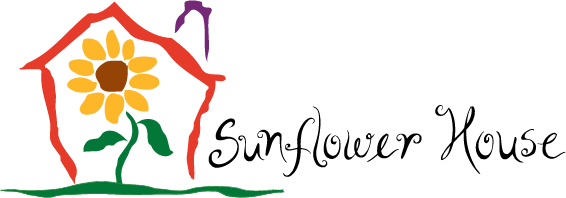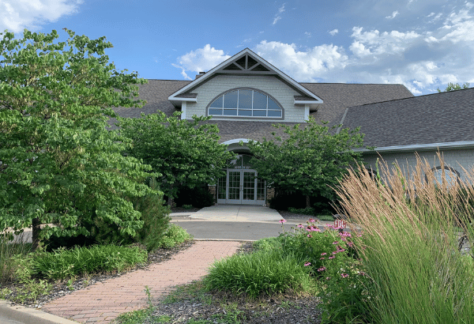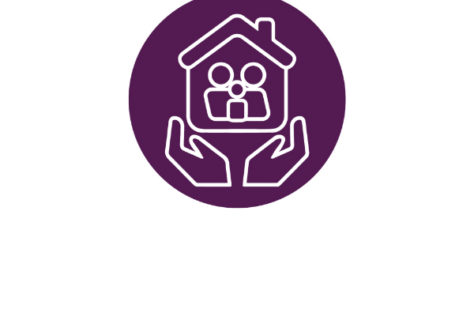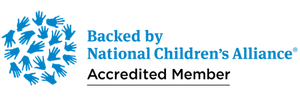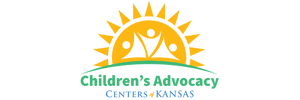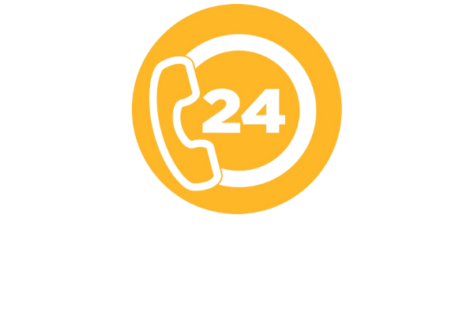
A delightful, interactive play for children ages 4-7
in Johnson County and Wyandotte County
Happy Bear Program
A delightful, interactive play for children ages 4-7.
Implemented in more than 240 elementary schools and preschools in Johnson and Wyandotte Counties, this 30-minute program addresses recognizing welcome and unwelcome touches, practicing resistance skills, and learning to report to a trusted adult. (available in English & Spanish)
Who It’s For
Sunflower House provides child abuse awareness education in more than 180 elementary schools, preschools and early learning centers in 100 percent of school districts in Wyandotte and Johnson counties in Kansas.
Each school year our safety programs are requested and implemented in more school districts outside the Kansas City metropolitan area.
Effective Child Abuse Awareness Program
Research shows that the most effective awareness programs teach skills over multiple sessions, provide opportunities to practice the skills, and include parental involvement. Sunflower House provides child education through a number of developmentally appropriate learning activities regarding personal safety and how to recognize, resist, and report abuse. All Sunflower House programs correlate with the Kansas Social, Emotional, and Character Development Model Standards and Kansas Early Learning Standards as requested by school partners.
What’s Involved
The Happy Bear Program is an interactive play where students teach Happy Bear (a volunteer in a mascot costume) the rules about personal safety. Our education staff guides the students through Happy Bear’s day while teaching him to recognize, resist, and report unwelcome touches. The play is research-based and is regularly updated based on current studies and knowledge from our partners in child safety. This play can be scheduled for an in person presentation or virtual presentation.
The play was originally created by Helen L. Swan and has been available to area schools and early learning centers for over three decades.
Sample Videos
View these videos to see a sample of the play. This is not the program in its entirety.
Sunflower House believes that parents are the primary educators of their children and respect the wide range of beliefs on how to best educate them. Sunflower House partners with public and parochial schools, and schools partner with parents to provide sexual abuse safety education, including the Happy Bear Play for PreK – 1st grade, Think First & Stay Safe for 2nd grade – 5th grade, and E-Safety for mild and high school children. We believe it is the adults’ responsibility to protect children, but we also know that adults cannot be with them at all times. We view teaching children how to protect themselves from sexual abuse to be one part of a comprehensive safety curriculum, just as fire, tornado, bullying and intruder drills teach skills to protect them from the dangers of our world.
David Finkelhor, Director of the Crimes against Children Research Center, explains that “school-based educational programs teach children such skills as how to identify dangerous situations, refuse an abuser’s approach, break off an interaction, and summon help. The programs also aim to promote disclosure, reduce self-blame, and mobilize bystanders.” (Finkelhor 2009). Children are more likely to report incidents of victimization to school authorities than to the police or medical authorities (Finkelhor, Ormrod, Turner, & Hamby, 2012). There is no cost for this program.
Frequently Asked Questions
Q: Are parents notified prior to a Happy Bear play at a child’s school?
A: Sunflower House fully supports parental notification prior to personal safety education programs in the school setting. To assist, Sunflower House provides the school with a sample letter and materials and requests that these be distributed before Happy Bear visits. Most schools also provide information on their website and newsletters. These materials inform parents on the topics discussed, statistics, a preview of the material, frequently asked questions, and a handout “What to do if a child tells you about abuse”. A video of the Happy Bear play can be found on Sunflower House’s website. Parents are encouraged to contact their school or Sunflower House staff with additional questions or concerns. We also offer a parent meeting, if desired, prior to a Happy Bear play, and are always open to parents attending the Happy Bear play or other classes offered older children.
Q: Do you obtain parental permission prior to scheduling a Happy Bear play for a child’s school?
A: We trust our education partners to know their parents and how best to communicate with them. We respect parental decisions to opt their child out but do not encourage requiring prior written approval because we know that for over 60% of the children we interview at Sunflower House the alleged perpetrator was a family member. Some schools require written permission, but most inform parents and do not require it for this reason.
Q: Why is it important to include the names of the private parts?
A: Children must understand that it is “OK” to say these words when talking about safety. Some children have been taught that talking about private parts is “bad” or “dirty.” This may hinder them from making a disclosure for fear of punishment for using “bad” words.
Although each family may use different names to label the private parts of the body, children should learn names that are universally understood if the child needs to ask for help. In some instances, a child’s initial disclosure is ignored when the child cannot communicate the details about the touching when he/she doesn’t have the proper language.
From Preventing Child Sexual Abuse: Sharing the Responsibility: “We strongly encourage teaching children the names of all their body parts, including genitals. For ease of discussion, these parts can then be referred to collectively as ‘private parts.’” Happy Bear practices this philosophy.
Q: How do parents feel about the use of anatomical terms?
A: In a national survey of parents of children participating in personal safety/child sexual abuse prevention programs, 85% of respondents agreed that children need to be taught the correct names of their genitals.
Parents should, however, be provided with the rationale for use of these terms when their children will participate in such a program. This rationale is discussed during the Parent Meeting prior to the play.
Q: Can these programs cause Sexual Development Problems?
A: “There has been no research to address fully the concern about negative sexual development. However, some research has shown that program-exposed children do have more correct terminology for and positive feelings about their genitalia. Another study did not find any increase in sexual problems among adults who were exposed to prevention programs during childhood. However, prevention-education programs are not sexual education programs, and they typically have minimal discussions about sexuality of adults or children.” (Finkelhor 2007)
About Sunflower House
Sunflower House is a non-profit founded in 1977.
It is a non-residential children’s advocacy and abuse prevention center serving Johnson and Wyandotte counties. The questions, “What would I want for my child if he or she were abused?” and “How can we stop the cycle of child abuse?” drive every decision made at Sunflower House.
The agency addresses abuse and neglect through a comprehensive approach—engaging children, parents, child-serving professionals and the community. Sunflower House is an accredited member of the National Children’s Alliance. Accreditation through this national affiliate ensures adherence to best practice standards of its federally recognized multidisciplinary approach to child abuse investigations.
